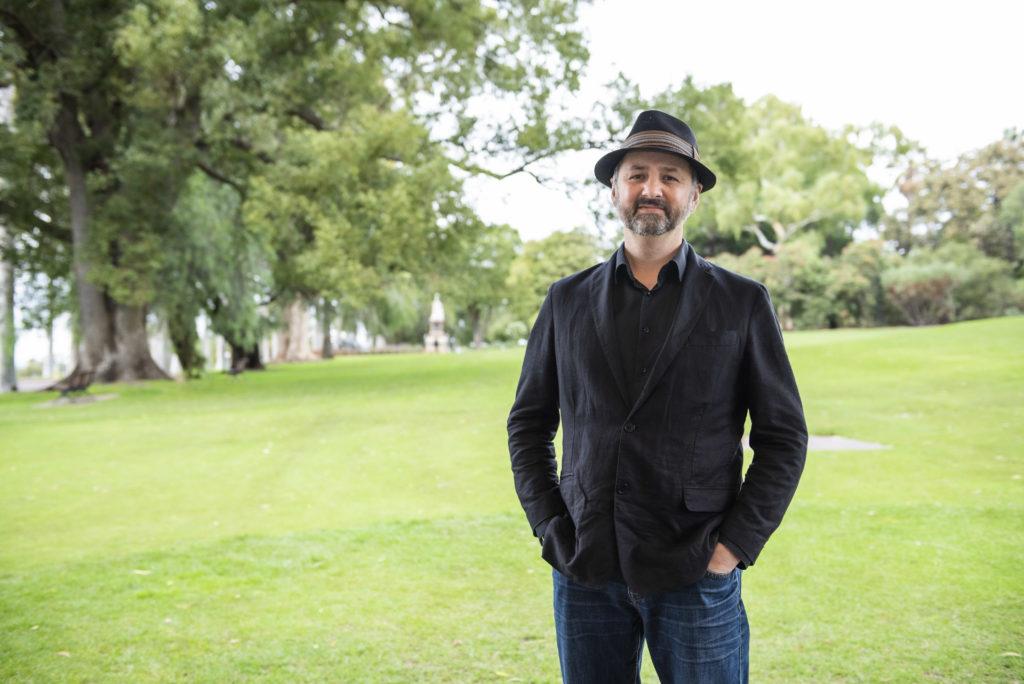 Dr Ben Miller
Dr Ben Miller
Principal research scientist and fire science program leader, Biodiversity and Conservation Science, Western Australian Department of Biodiversity, Conservation and Attractions (DBCA)
See Dr Miller’s full research profile here.
Research outputs linked to policy change and decision-making
- Dr Miller’s fire ecology research focuses on the effect of varying fire-regime elements on the persistence of plant species, and on the interaction of fire management and other threats including weed invasion and climate change. His current and recent work addresses impacts of changing fire season and intervals, and documenting current and recent fire regimes. Dr Miller’s ongoing research in urban fire-weed interactions is supporting local land managers to minimise perverse outcomes from hazard management activities
- Ecological restoration research. Dr Miller has been a member of Kings Park Science (KPS), one of the largest restoration-ecology research groups globally, for 14 years, including as its director (2015–2018). Addressing restoration ecology’s consistent history of ad-hoc application to specific restoration projects, Dr Miller led a paper outlining the comprehensive research agenda necessary for biodiverse ecological restoration, and contributed a chapter on monitoring and targets in an award-winning book on the restoration of Banksia woodlands (published by the KPS team, 2016). More recently, he co-edited a framework for development of completion criteria assessing mining projects in Western Australia, published by the Western Australian Biodiversity Science Institute (WABSI, 2019), leading its scientific review and analysis section. This framework is recommended by WA mining regulators and is now used as a guide by industry.
- Dr Miller led a multi-disciplinary team to develop a 3-volume Conservation strategy for the Province of Arriyadh in Saudi Arabia. The recommendations and plan from this work – covering legal, education, communication, capacity building, governance, ecological research and biological survey, and land management and restoration aspects – has been adopted by the province and has become a model for a similar strategy being developed across the kingdom.
Roles on government or regional organisation committees
- WA Threatened ecological communities scientific committee
- DBCA fire research engagement group: Develops priorities, and strategy to ensure science activities align with DBCA’s conservation and fire management needs and that scientific findings are taken up
- WA interagency bushfire operations committee, bushfire research subcommittee: Co-ordinates research priorities, communications and policy across fire and land management agencies in WA.
My Projects
 Current project
Current project Completed project
Completed project
NESP RLH, 2021-2027NESP, 2015-2021NERP, 2012-2015TRaCK, 2005-present
 Dr Ben Miller
Dr Ben Miller